Education: ‘Master teachers’ on $180k could help boost education standards, say campaigners
Education campaigners are calling for ‘master teachers’ on wages of up $180,000 to encourage high achievers and boost standards. See all the demands.
Federal Election
Don't miss out on the headlines from Federal Election. Followed categories will be added to My News.
Education campaigners want public schools to get a fair go and for “master teachers” – on wages of up to $180,000 to lift standards as Australia’s performance in the global education rankings continues to slide.
That slide has come despite billions of extra dollars going into schools in the last decade.
And despite a push to remove the inequities in the education sector by giving more funding to those who are disadvantaged, unions say it is private students that have benefited the most from federal funding, receiving three times the amount going to public students.
The Australian Education Union (AEU) said the Productivity Commission had found private school students received $10,211 each from the federal government, while public school students got just a fraction of that – $2760.
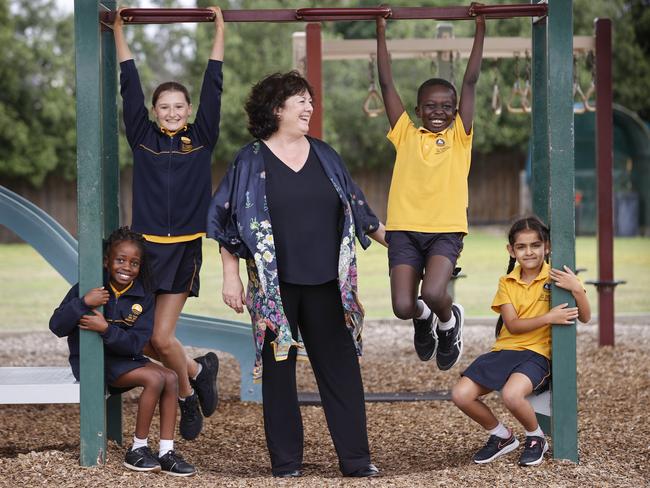
The bulk of public education funding actually comes from the states and territories – 80 per cent compared to the federal government’s 20 per cent.
So overall, the government said, public schools received the highest level of support, with average per student public funding in 2019-20 reaching $20,181, compared with $13,189 for non-government school students.
The union countered that argument by saying private school fees paid by parents ensured private students were far better off than their poorer cousins in the public sector.
Australian Education Union federal president, Correna Haythorpe said the recommendations of the 2012 Gonski report, which was about finding a way to financially support disadvantaged students, had been ignored by successive Coalition governments.
Figures showed that public schools were only funded, by both levels of government, to the tune of around 90 per cent of what Gonski recommended, according to McKell Institute chief executive Michael Buckland.
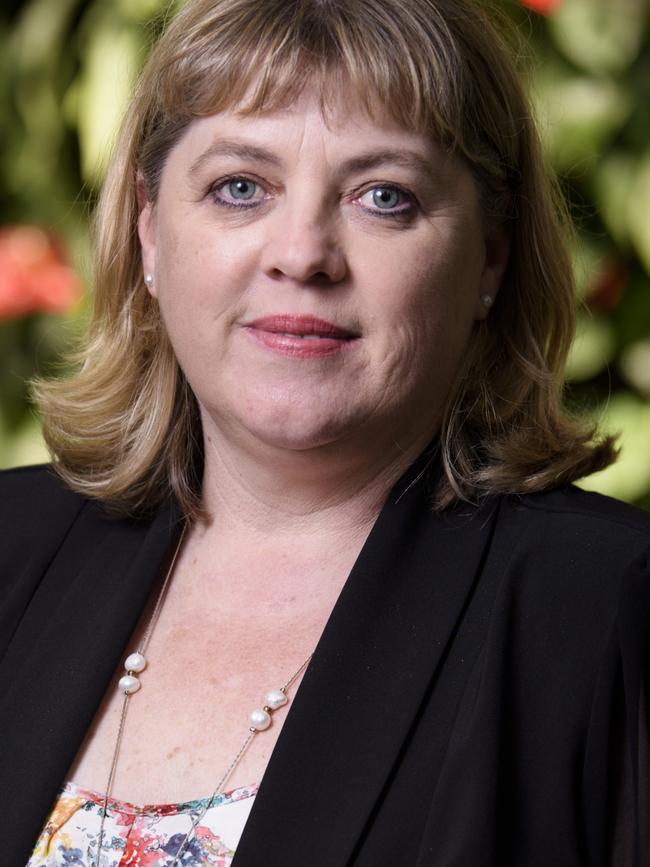
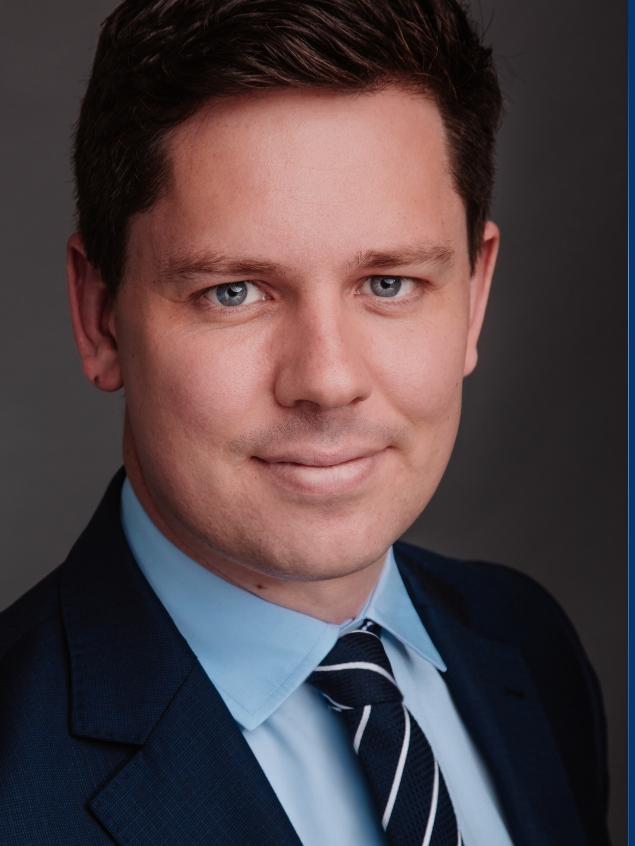
The McKell Institute looked across the whole of the sector from early-childhood to primary, secondary, tertiary and vocational education, and concluded reform was necessary, if Australia wanted to compete on the world stage with the likes of China.
The slow running down of TAFE and the flawed funding model for universities, which heavily relied on overseas students, were also problems, Mr Buckland said.
“Australia’s fall in education rankings, underfunded public schools and the long running down of investment in TAFE are shortsighted public policy decisions that hurt us all,” he said.
“We also risk damaging universities for good if we don’t come up with another way to fund it.”
The results of a survey by the AEU released this week revealed that 83 per cent of TAFE teachers reported that their institution had closed courses in the past three years, with lack of funding the most commonly cited reason.
It also found 80 per cent of teachers did not believe TAFE students studying today were receiving the same quality of education as they did two years go.
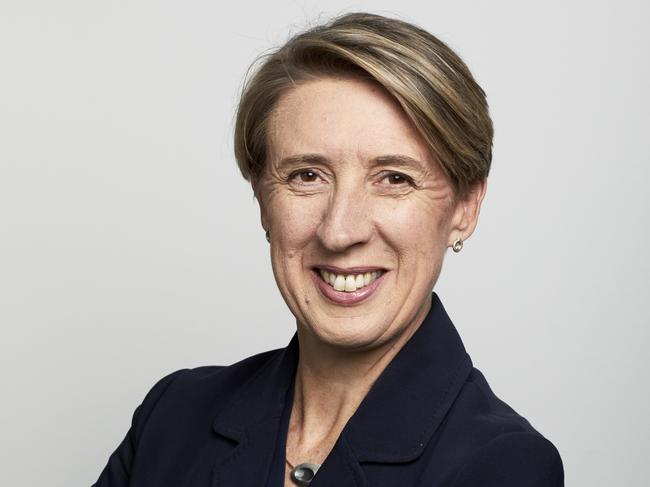
Meanwhile, Universities Australia chief executive Catriona Jackson said the sector took a $1.8 billion hit during the pandemic, when international students were unable to get into the country. In order to mitigate those financial losses, 17,300 full-time, part-time and casual jobs had been slashed.
“The way we fund universities is not sustainable,” she said.
Ms Jackson said the group would be calling on the federal government to invest more and encourage industry with incentives to back university research programs.
Mr Buckland said free TAFE courses in identified areas of skill shortages was an economic reform that would help Australia build back stronger after Covid, while good quality, childhood education from birth to primary school would also benefit kids and the economy.
He said that the Federal Government also needed to do more to combat the shortage of teachers in STEM (science, technology, engineering and mathematics) subjects by introducing incentives.
Grattan Institute’s Jordana Hunter said a top priority for new education spending was to restructure the teacher career path to encourage high achievers to pursue the profession.
“We should be paying our expert teachers much more and giving them more responsibility for building the quality of teaching in our schools,” she said.
Ms Hunter said the institute, a public policy think tank, recommended two new roles. ‘instructional specialists’ would be paid around $140,000 – about $40,000 more than the top pay for classroom teachers – to work with teachers in their schools.
‘Master teachers’ would be paid around $180,000 to work with several schools to improve practices.
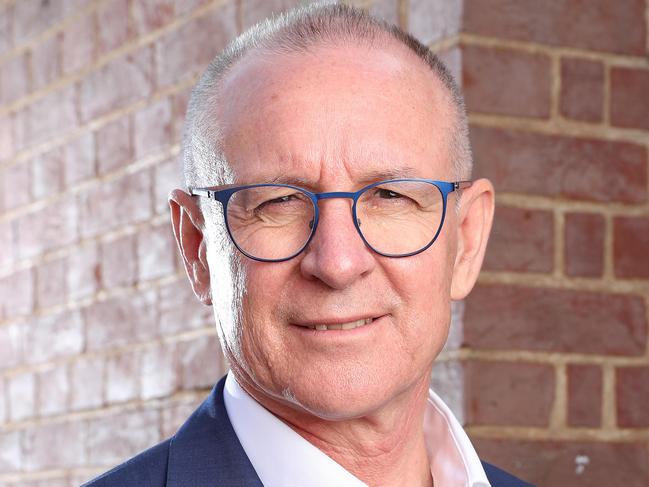
Meanwhile, early childhood education campaigners said one in five kids from disadvantaged backgrounds were already behind their peers when they started primary school – and they were never able to catch up.
Women for Progress – a new collective of some of Australia’s top female business leaders and advocates – along with Thrive by Five Chief executive Jay Weatherill, were calling for a quality early childhood education system from birth and an increase in wages for educators.
Mr Weatherill said research by the Centre for Policy Development (CPD), an independent evidence-based policy institute, had found affordable childcare would benefit the economy.
CPD said by 2025 it would like to see all children from birth to four entitled to three days of free or low cost quality early childhood education, with vulnerable children being allowed up to five days.
It estimated the policy would break even by the time it was fully rolled out in 2030 and result in an annual return on investment of $15 billion by 2045.
More Coverage
Originally published as Education: ‘Master teachers’ on $180k could help boost education standards, say campaigners





